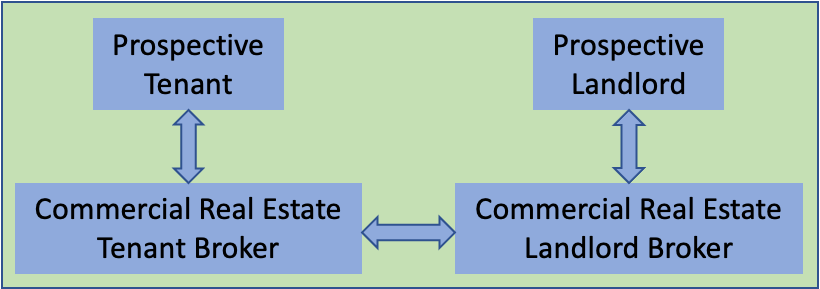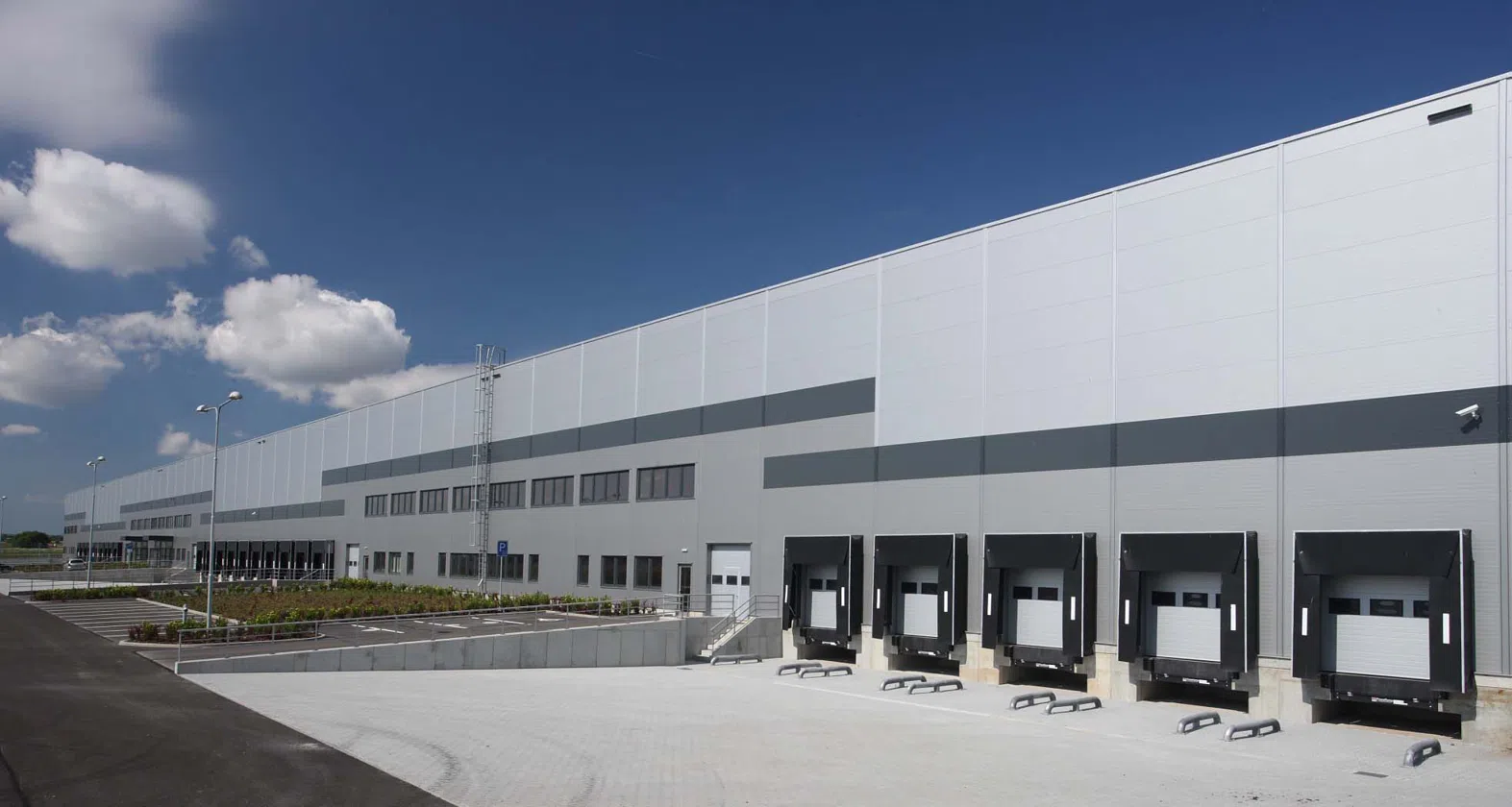How to Lease or Rent a Small Warehouse
Last Updated May 9, 2024
See Our List of Metro Home Pages and Select/View Yours
 Warehouses are a big part of the economy. Every year, millions of square feet of warehouse space is rented and leased by businesses across the country to store everything from toys and bicycles to fresh produce and clothing.
Warehouses are a big part of the economy. Every year, millions of square feet of warehouse space is rented and leased by businesses across the country to store everything from toys and bicycles to fresh produce and clothing.
But, just like any other form or real estate, there’s no shortage of confusion when it comes to renting/leasing warehouse space. It’s not as simple as calling up your broker and telling them what you need; it takes time to find the right location for your business needs. So how do you go about finding small warehouse spaces?
What Makes My Requirement “Small?”
The total value of your requirement to the landlord is the measure. Remember that brokers are allotted some percentage of the total value of the transaction. This allotment is built into the price you are quoted. This includes rent and other charges throughout the term of your lease. You can calculate out for yourself what the deal will be “worth” to a broker. Calculate out what you expect to pay over the life of your lease and multiply by 3 or 4 percent. That’s in the range of what your broker can expect to make from the transaction.
We generally say a deal of < 5,000 SF is a small deal. That said, if you want a short-term lease on a larger building, you would probably fit into the “small” category as well. It’s not an exact science, and all of it depends upon what a broker has working at any given moment as well.
The Commercial Real Estate Brokerage Dilemma
Ordinarily, you would contact a CRE Broker who’s been referred, or who you know to discuss having them represent you as your agent in a search. Ordinarily, the Tenant Broker would represent you (see graphic). Your broker would find a list of prospective properties, contact the landlord broker to validate details, help you narrow that list, help you view the properties, etc. This process is quite involved, and your broker has to go through it with all clients they take on. They have to make sound business decisions regarding which deals they attempt.
Simply put, this means commercial real estate (CRE) brokerage firms are less interested in small spaces because they a much lower lifetime value of a lease and lower commissions to cover brokerage overhead costs. That means you’ll need to consider a different process to find a small warehouse. The landlord broker is concerned about the same thing, but if they have a smaller space, that means they want to find someone to lease that space. If you can find these brokers, then they will be more than willing to discuss the matter. They are also interested in the lifetime value of the lease, but their main concern will be whether or not you can qualify for that amount of credit - which is effectively what the landlord will be providing to you along with the warehouse space.
Okay - How Do I Go About It, Then?
There are exceptions, but what you are likely looking for are larger buildings or building complexes that are subdivided and managed by property managers. These managers are either also brokers or have brokerages working for them as Landlord Brokers. Finding some of these folks is your likely first step, along with a few other options, by researching online and perhaps a bit of shoe leather (or more likely, tire rubber):
- Often, smaller warehouses will be listed on classifieds websites or real estate portals
- Contact local industrial brokers and ask for recommendations for who - if not them - you should talk to and what you should say
- Contact the owners of larger warehouses and see if they’re willing to sublease some of their space
- Contact industrial property management companies and ask what they recommend
The key is to be persistent and creative when looking for small warehouse spaces. It may take a little bit of extra work, but eventually, you’re likely to find an acceptable, if not the perfect, location for your business.
Another good resource in some situations can be a 3rd Party Logistics (3PL) provider. These folks buy properties with attractive features - like refrigeration - and sell clients an in/out service for their products. This is not for everyone, but it may offer you some time to get what you really want in place.
More Fundamentals
You may think the space you’ve found is the perfect size for your needs, but there are several things to consider before signing that lease agreement:
- Make sure you have enough space to store all of your inventory
- Be aware of the monthly costs and whether or not they will fit into your budget
- Make sure the warehouse is in a good location for your business
- Make sure the space has what you need - office, parking, ceiling heights, cold storage, …
- Referring to the diagram, remember that if the person you are talking to doesn’t work for you - meaning if that aren’t your Tenant Broker - then you can assume and should treat them like they work for the landlord
- Etc., Etc.
Be sure to dot all the i’s and cross all the t’s before signing on the bottom line.
Other Good Sources of Information
Common resources can be a good thing. When you lease from a landlord who owns a larger building that gets subdivided, that landlord will tend to manage the facility such that tenants share what makes sense to share. Things you might be able to share include (possibly):
- Forklifts
- Stand-alone or shared docks
- Break Areas
- Security systems
- Excess shelving left by past tenants
- Furniture left by past tenants
- Etc.
Be sure and be aware of what might be shareable. It represents an opportunity if you are willing and able to share an item and the item is available.
There are lots of good resources available in our Commercial Lease Center of Excellence.
Conclusion
Commercial real estate brokerage firms are not as interested in small warehouse spaces because they offer much less revenue per square foot to cover overhead costs. You will need to consider a different process to find the right space for your business needs than you may be accustomed to using. This blog post discusses how these steps can help you lease or rent the perfect small, industrial property so that it’s aligned with your budget and company goals.
With all of the above said, we encourage you to send us your requirements. There are ways we can help and would be happy to have a look. Use our Get Started page to fill out our form, call us at the number in the top right of the page, or chat with us using the chat widget at the bottom right of your screen.
